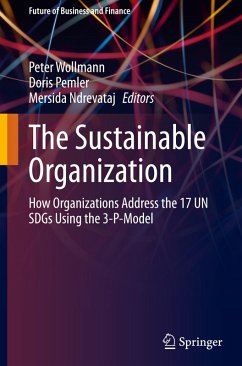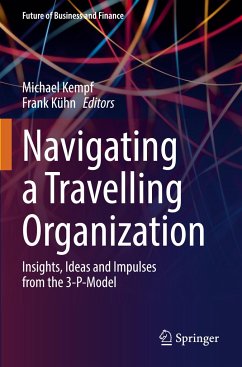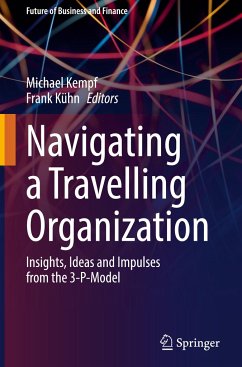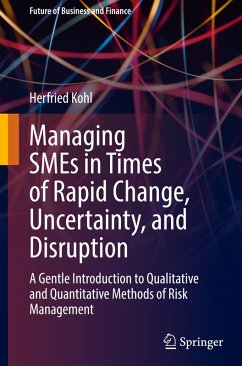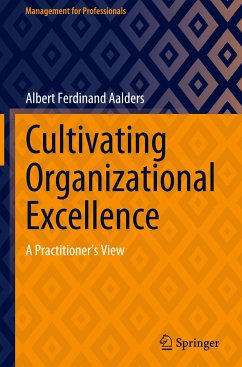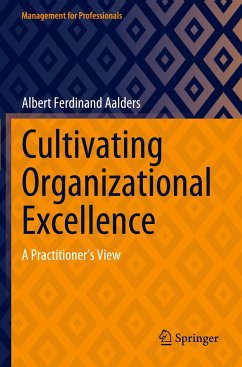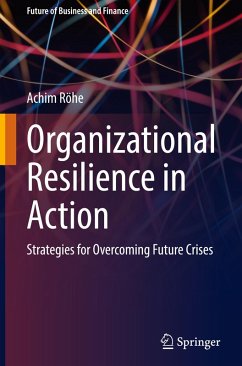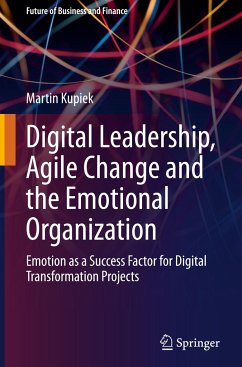
Reading an Unknown Organization
Leaders in New Roles Thriving in Challenging Environments with the 3-P-Model Mindset
Herausgegeben: Wollmann, Peter; Stricker, Lukas; Pemler, Doris

PAYBACK Punkte
38 °P sammeln!
This book focuses on "Organizational Intelligence" and its connection to the Three-Pillar Model, a framework developed by a global community of over 60 professionals from various sectors and published by Springer Nature. The model centers on three vital pillars for navigating the volatile, uncertain, complex, and ambiguous (VUCA) world of organizational design and leadership: Sustainable Purpose, Travelling Organization, and Connectivity.At its core, the book features interviews with executive leaders, including those in the C-Suite, who have recently assumed new roles in new organizations or ...
This book focuses on "Organizational Intelligence" and its connection to the Three-Pillar Model, a framework developed by a global community of over 60 professionals from various sectors and published by Springer Nature. The model centers on three vital pillars for navigating the volatile, uncertain, complex, and ambiguous (VUCA) world of organizational design and leadership: Sustainable Purpose, Travelling Organization, and Connectivity.
At its core, the book features interviews with executive leaders, including those in the C-Suite, who have recently assumed new roles in new organizations or have done so in their careers. The interviews are diverse and anonymized to encourage candid responses. The book explores how these leaders quickly gain a comprehensive understanding of their organizations, with a focus on coping with change, transformation, sustainability, and UN SDG coverage.
Offering real case study-based guidance, the book does not seek to provide a one-size-fits-all methodology but instead encourages readers to tailor its insights to their unique circumstances. It is a valuable resource for mentoring and coaching purposes.
At its core, the book features interviews with executive leaders, including those in the C-Suite, who have recently assumed new roles in new organizations or have done so in their careers. The interviews are diverse and anonymized to encourage candid responses. The book explores how these leaders quickly gain a comprehensive understanding of their organizations, with a focus on coping with change, transformation, sustainability, and UN SDG coverage.
Offering real case study-based guidance, the book does not seek to provide a one-size-fits-all methodology but instead encourages readers to tailor its insights to their unique circumstances. It is a valuable resource for mentoring and coaching purposes.



